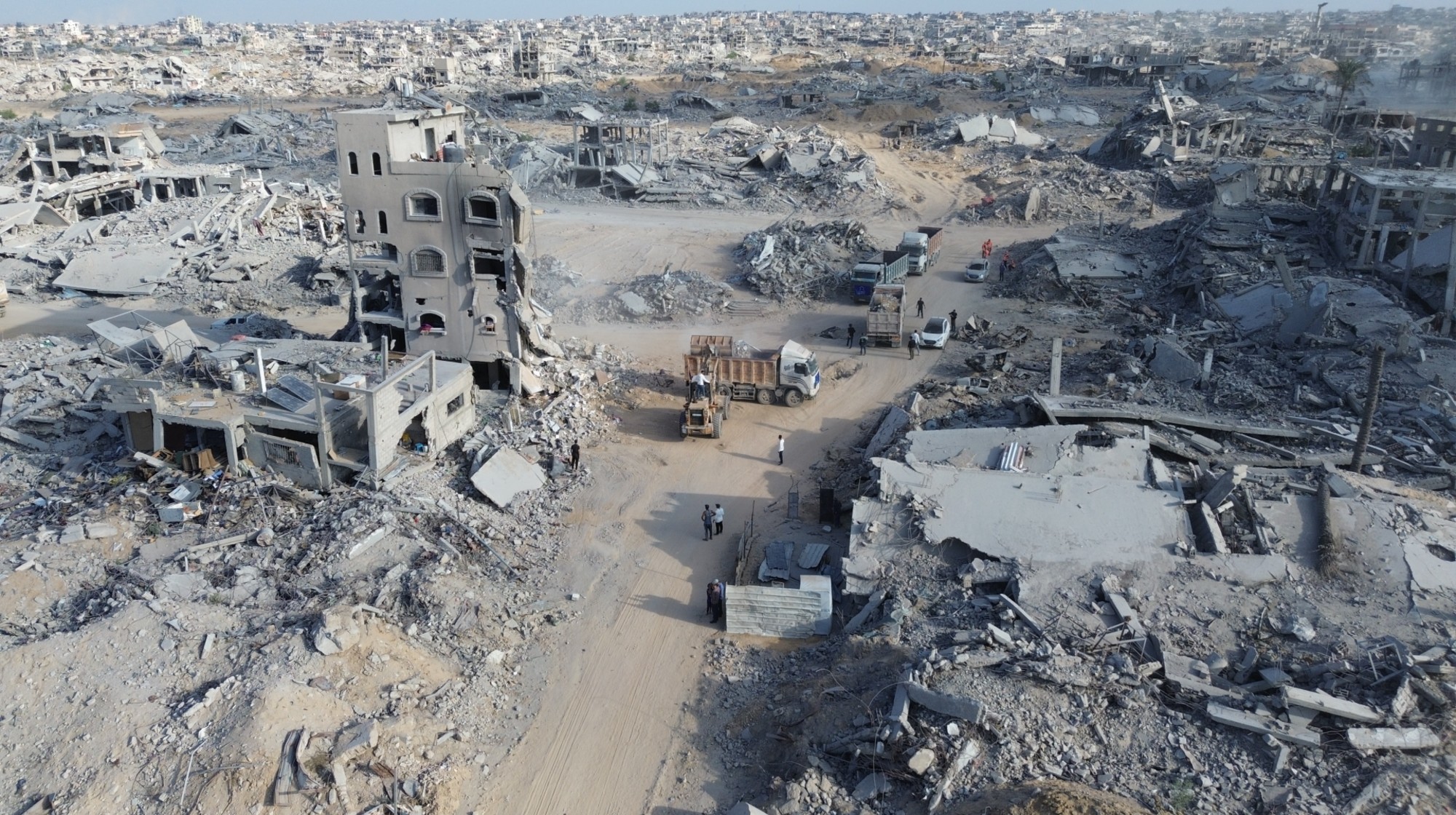Gaza ceasefire teeters as Netanyahu orders strikes
Israel accused Hamas of firing on Israeli troops


A free daily email with the biggest news stories of the day – and the best features from TheWeek.com
You are now subscribed
Your newsletter sign-up was successful
What happened
Israel Prime Minister Benjamin Netanyahu Tuesday ordered “powerful strikes” on Gaza, accusing Hamas of violating the Oct. 10 ceasefire by firing on Israeli troops, killing one, and delaying the return of hostage bodies. Gaza hospital officials said at least 81 Palestinians were killed in the overnight strikes. Hamas said it had “no connection to the shooting incident in Rafah and affirms its commitment to the ceasefire agreement.”
Who said what
The new rounds of violence were “likely the most serious challenge to the tenuous ceasefire deal in Gaza since it came into force,” The Associated Press said. The Israeli Defense Forces said the ceasefire was back in effect after its heavy airstrikes, but it would “respond firmly” to any violations.
Israeli “should hit back” when its troops are fired upon but “nothing’s going to jeopardize” the ceasefire, President Donald Trump said on Air Force One en route to South Korea. “Hamas is a very small part of peace in the Middle East,” and “if they’re not good, they’re going to be terminated.” Israel considers the return of hostage bodies a “key plank” of the deal and accused Hamas Tuesday of staging the discovery of a hostage’s partial remains, said The New York Times. Hamas has blamed “conditions on the ground” in war-ravaged Gaza for the slow returns.
What next?
Tuesday’s “skirmishes” weren’t the “first time the ceasefire has been tested,” The Wall Street Journal said, and they “underscore how fragile the deal is” and “demonstrate the challenges for the next steps,” which “call for Hamas to disarm and for an international force to help stabilize Gaza.”
The Week
Escape your echo chamber. Get the facts behind the news, plus analysis from multiple perspectives.

Sign up for The Week's Free Newsletters
From our morning news briefing to a weekly Good News Newsletter, get the best of The Week delivered directly to your inbox.
From our morning news briefing to a weekly Good News Newsletter, get the best of The Week delivered directly to your inbox.
A free daily email with the biggest news stories of the day – and the best features from TheWeek.com
Rafi Schwartz has worked as a politics writer at The Week since 2022, where he covers elections, Congress and the White House. He was previously a contributing writer with Mic focusing largely on politics, a senior writer with Splinter News, a staff writer for Fusion's news lab, and the managing editor of Heeb Magazine, a Jewish life and culture publication. Rafi's work has appeared in Rolling Stone, GOOD and The Forward, among others.
